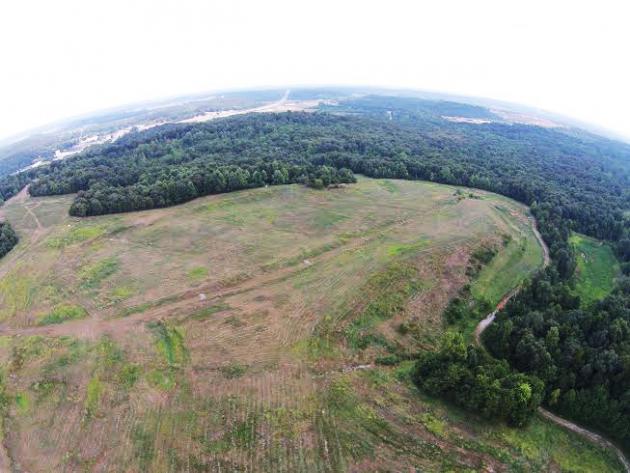Is Salt Slag Headed to A Landfill Near You?
Salt slag, or salt cake, is a byproduct of aluminum recycling that has been disposed of in landfills for decades, yet the global discussion of whether salt slag belongs in these landfills or not has been going on nearly as long. Some countries have become united in the cause of creating safe disposal techniques, yet others are divided, claiming to disprove them. Most environmental authorities have come to agree that salt slag in landfills should at minimum be handled with a great deal of caution and supervision, many now choose to avoid the practice altogether, but there is still conflict surrounding the practice. In salt slag disposal, "safety" is ambiguous. The consensus of safe practice held adamantly to be true by some parts of the world might be, and often is, thought by other parts to be unnecessary.

Many European countries have opted to use what they call an "environmentally friendly" alternative to landfills for disposing of salt slag. This form of recycling separates salt slag into usable forms of its original components that can be used by many industries, a practice that works to greatly reduce harmful emissions common in the recycling process, and eradicate wastewater. Here in America Aleris Recycling, which has a facility in Morgantown, claims to use a similar process to recycle salt slag, but according to some foreign specialists America still falls behind Europe in salt slag disposal safety. Xatico, a Luxembourg based trading company, notes that "the United States has yet unequivocally to mandate the processing of salt slags. As a consequence landfilling of salt slags is still widespread."
A section of The Journal of Hazardous Materials remarked in 2012 that "The disposal of salt slag is a worldwide problem," stating the "improper disposal" of salt slag as the main cause for concern, an error that can lead to ground water contamination. The journal also notes that landfills containing salt slag have a greater risk for fires due to the reactive exothermic nature of salt slag, and a propensity for salt slag to form hazardous, poisonous, or at the least malodorous gases when exposed to humidity or moisture. Those gases include Hydrogen, ammonia, and methane. Reactions from salt slag in landfills can also bring harm to landfill infrastructures, though there is no accurate way to measure this at present.

Several other publications have expressed anxiety about this common practice of salt slag disposal, and their concerns are not unsubstantiated. The interior of a Stark County, Ohio, landfill caught fire in late 2005 after salt slag came into contact with inherent moisture from the landfill. Close to $85,000,000 has already been spent in the effort to neutralize it. As of February of this year, the fire showed little improvement, instead spreading to additional areas within the landfill. Further back in 1988, Brantley Landfill in Island, KY, made the National Priorities List after a chemical salt slag reaction began to leach, threatening the area ground water and causing mild local air pollution directly affecting the neighboring communities. The problem was discovered when area residents complained of a foul and persistent ammoniac odor surrounding the landfill, which authorities later traced to the salt slag. Although met with contention, salt slag is still classified as "non-hazardous industrial waste" in the United States, and is accepted by most landfills, including Subtitle D.
Story by J. Harris, Beech Tree News
Photos by Jeremy Hack, Beech Tree News
Editor's Note: An article on June 21st, 2014 in the Bowling Green Daily News reported that the City of Bowling Green planned to sell an unused portion of their landfill to Owl's Head Alloys. The story states the Owl's Head intends to open a landfill on the property for the purpose of disposing of salt slag.
Approximately 67-acres of the property was declared surplus property by the City of Bowling Green to make way for the sale to Owl's Head Alloys. Bowling Green notified both the Butler County Fiscal Court and the City of Morgantown of their intention to sell the land in a letter dated December 2, 2013. The original agreement on the landfill states that both Butler County and the City of Morgantown have to be given the first chance to purchase the property. According to the Daily News, the sale price of the land would be $167,500, with Owl's Head Alloys agreeing to pay legal expenses incurred by the City of Bowling Green.
- Log in to post comments



























